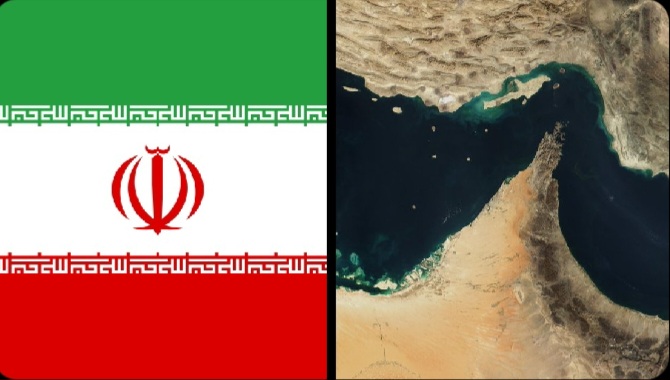In a dramatic escalation that could reshape global energy markets, the Ir@nian parliament has officially approved a bill to close the Strait of Hormuz, effectively blocking the world’s most critical oil shipping route.
The move, passed during an emergency session of the Majlis, comes amid rising tensions following military strikes and diplomatic breakdowns between Ir@n and Western powers. The Strait, a narrow waterway through which about 20% of global oil supply flows daily, now stands closed to commercial and military traffic.
“We will not allow the enemy to benefit from our geography while they wage war against our sovereignty,” said Parliament Speaker Mohammad Bagher Ghalibaf. The bill, titled The National Sovereignty and Security Act, grants the Ir@nian Navy full authority to intercept, inspect, and detain foreign vessels attempting to pass through the Strait.
The decision has sparked immediate concern from world capitals. Washington, London, and Riyadh have condemned the action, warning of “severe consequences” and calling for an emergency UN Security Council meeting.
Brent crude prices surged past $120 per barrel within hours, with analysts warning of “the biggest supply shock since the 1973 oil embargo.”
Meanwhile, Ir@n’s Revolutionary Guard has reportedly begun positioning missile batteries and fast-attack boats along the southern coastline, with military drones patrolling the Gulf airspace.
Global leaders are bracing for ripple effects as tankers bound for Asia, Europe, and the U.S. are forced to reroute—or return.
This unprecedented blockade marks a historic turning point in Middle East geopolitics and sets the stage for a potential full-scale confrontation in the Persian Gulf.




